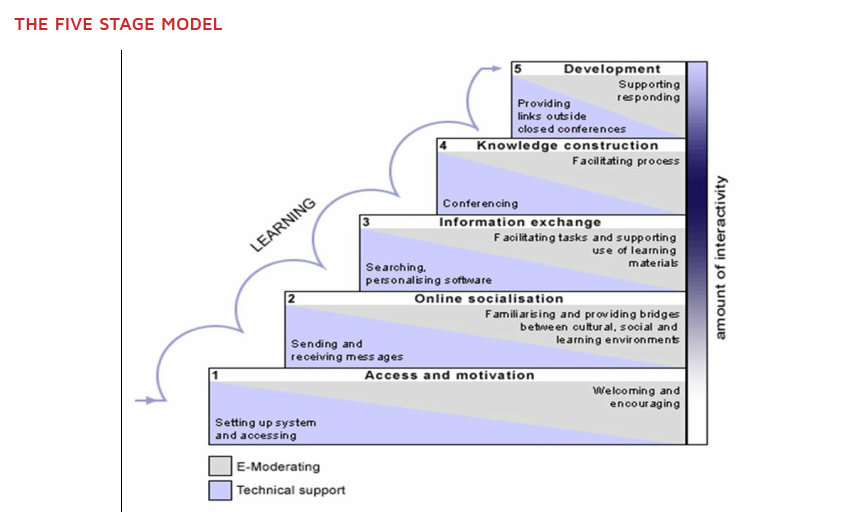Blogging itself is at least something I have a little experience of, as I have blogged in the past (if you're really interested, feel free to have a browse). In the early days I would blog regularly and with enthusiasm. More recently it has been infrequent and a task I see more as something I 'should' do. And you will see the last entry on my personal blog is from seven months' ago! So the challenge is to keep the enthusiasm and interest going.
At least the attended sessions for this course are three hours of timetabled time that I have ring-fenced for the course, so I am going to do my best to make every minute of those sessions count! I anticipate one of the main challenges I am going to face with this course is the extent to which I can devote the time it needs. If nothing else, the course is beginning to help me empathise with my own students (those on the MAPP - MSc Applied Positive Psychology) as these are typically in full-time employment and they are undertaking the course part-time. How will I find the time to do this? Or to be more precise, how will I make the time, and prioritise the learning I need to do?

